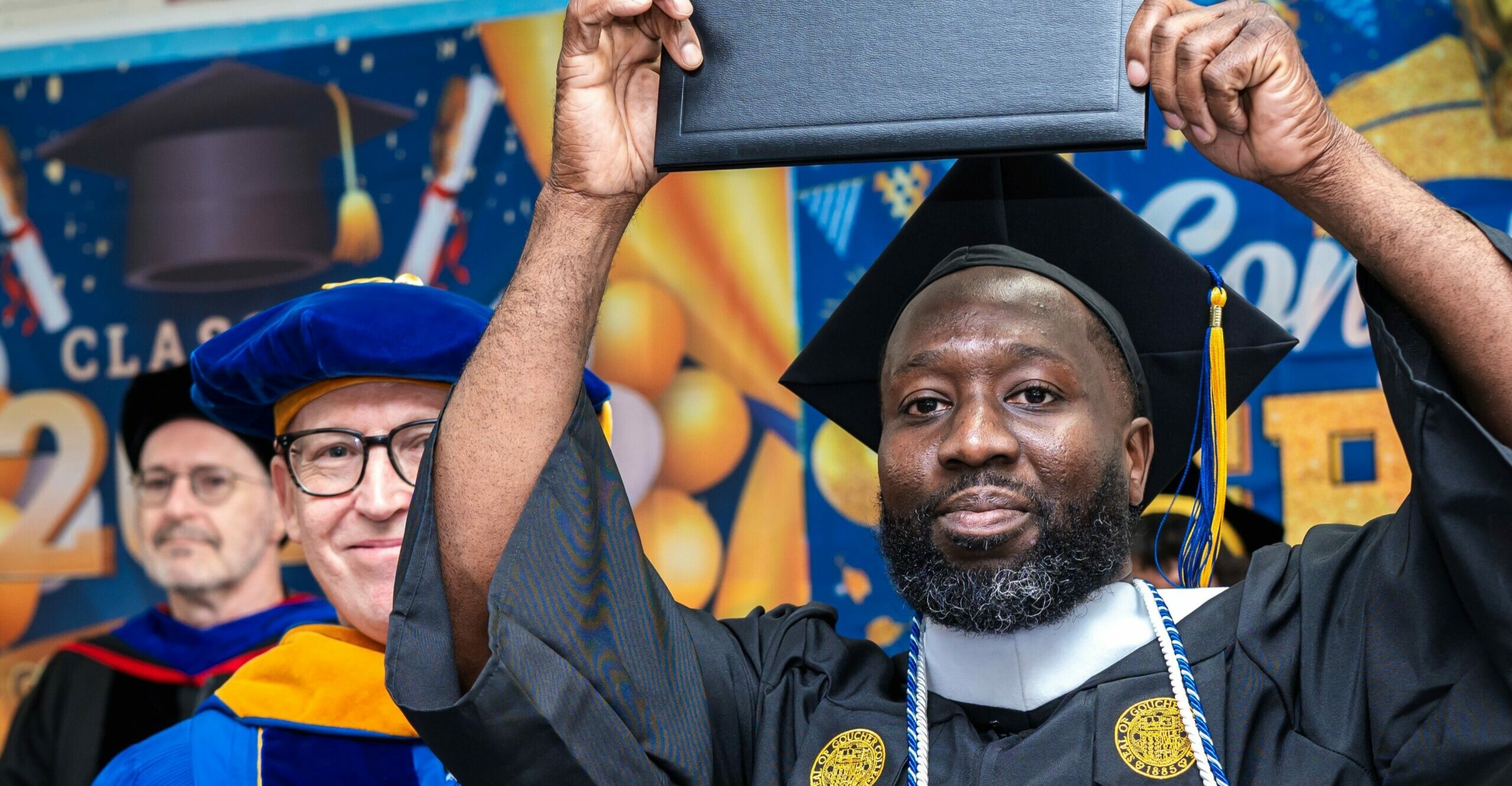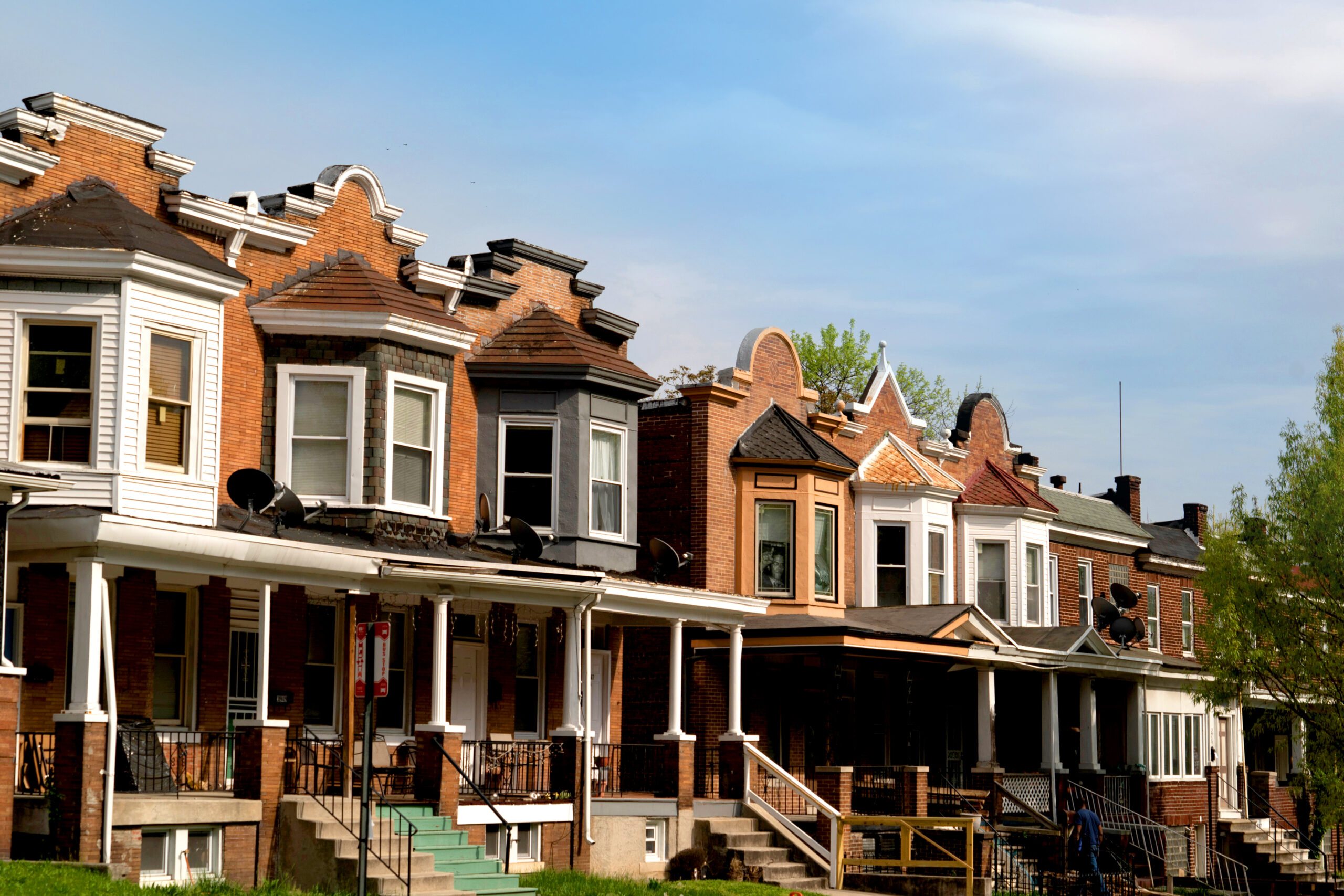Featured Reports


2024 Annual Report
A reflection on the promising new approaches and new resources that have been brought to bear in the last decade.
We believe that a community of creative problem-solvers, faced with complicated, seemingly intractable challenges, is well-served by thought-provoking, research-based information and analysis. We support the development and dissemination of research in two ways:
Abell Reports are commissioned reports by subject matter experts, academics, and investigative journalists that provide studies of selected issues on the public agenda.
These projects – undertaken with grant funding by academics and nonprofit research and advocacy organizations – advance learning on issues key to Baltimore City.
Sign up to get notified as new publications become available.


A reflection on the promising new approaches and new resources that have been brought to bear in the last decade.


Recent changes to state funding have reignited conversations among Maryland corrections leaders about expanding and strengthening electronic monitoring (EM) and pretrial services. This report summarizes key findings from the Justice Policy Institute’s research into EM as well as best practices.


Racial bias in home appraising can harm individuals by making home purchases more expensive or refinancing unattainable, but when compounded on the community level, it can have profound impacts on minority communities’ ability to build wealth. Using newly available federal data, this report finds evidence of systemic appraisal bias that undervalues homes in predominantly Black communities in Baltimore City and the surrounding counties.
Everyone agrees that teens need more sleep. So why does school start so early? This report examines the research on school start times and the implications for students in Baltimore City.
Our 2023 Annual Report highlights the work of organizations across the city that are dedicated to addressing the complex challenges many of our neighbors face and of the great potential they hold.
In 2017, the U.S. Department of Justice issued a consent decree for the Baltimore Police Department, mandating wide-ranging reforms. In a pair of companion reports, researchers from the University of Maryland examine the current state of community-police relations and how certain initiatives could help to improve them.
Eviction prevention programs, which cover up to three months of past-due rent, are a cost-effective way to stabilize families, pay landlords, and reduce costs to the state. This report examines two different scenarios that would prevent disruptive displacements.
Ten years ago, Maryland’s legislature passed a bill to expedite utilities’ replacement of their natural gas pipes in the name of safety. Since then, Maryland has adopted ambitious climate goals that will require the near elimination of natural gas use in homes by 2045. Yet the state continues to allow utilities to invest billions in replacing pipes, which consumers will have to pay for — with a profit for the utilities — for decades to come.
Header photo courtesy of Venture for America.